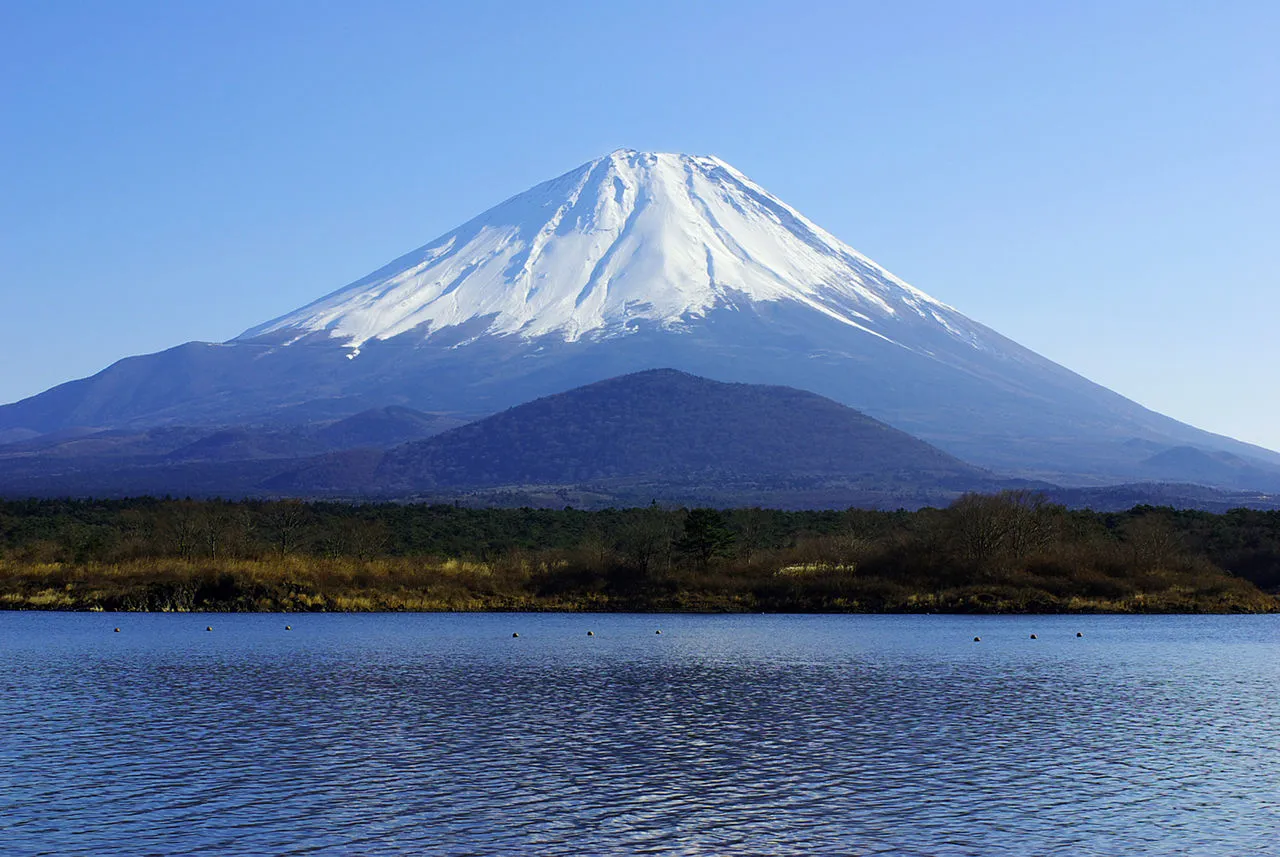U.S. Travel to Cuba Faces Tighter Restrictions on Non-Family Visits

Skift Take
[UPDATE: The Treasury Department's Office of Foreign Assets Control intends to implement changes to non-family travel to Cuba "in the coming months," a Treasury Department spokesperson told Skift Thursday.
In an email, the spokesperson wrote:
"OFAC will implement Treasury-specific changes to non-family travel and other regulations via amendments to its Cuban Assets Control Regulations. OFAC expects to issue new regulatory amendments in the coming months, and will propose revisions to existing restrictions at that time."]
The unraveling of the Obama administration's opening up of U.S. citizen travel to Cuba is just about complete under a new pledge that national security advisor John Bolton made in a speech outside Miami Wednesday.
The U.S. Treasury Department will issue new restrictions on non-family travel to Cuba, Bolton said as part of a multifaceted effort by the Trump administration to clamp down on the Cuban regime — and Americans’ freedom to travel.
Details were sparse and there were no guidelines about the policy change on the U.S. Treasury Department website. A Treasury Department spokesperson didn't immediately respond to a request for comment.
The new restrictions on Americans' travel to Cuba were part of a series of measures, including tighter limits on remittances that Cuban-Americans can send to families in Cuba and loosening restrictions on lawsuits designed to recover damages for properties confiscated on the island, designed to pressure the Cuban government.
“U.S. travel and remittances are the lifeblood of the private-sector entrepreneurs in Cuba," said James Williams, president of the Washington-based Engage Cuba coalition, a non-profit lobbying group. "These restrictions are a cruel betrayal and a knife in the back of Cuban civil society and the prospects for a growing independent private sector in Cuba. The Cuban people are already struggling under tremendous difficulties, and these actions only make it worse. We need a policy that focuses on empowering the Cuban people and advancing American interests, not continuing a 60-year failed policy that only serves fringe domestic politics in South Florida.”
The Trump administration has been steadily reversing the Obama administration's opening up of American travel to Cuba. In March 2016, the U.S. government made it possible for Americans to make people-to-people visits to Cuba. But in June 2017, the Trump administration reversed that policy, stipulating that Americans could only visit the island, which had been subject to a decades-long U.S. blockade, as part of organized tours. Several months later, the Trump administration barred Americans from staying at certain hotels on the island with ties to the Cuban government.
Bolton said the new Treasury Department restrictions on non-family travel to Cuba and the series of other measures he announced would bar American money from propping up Cuban military and security services "who control the tourism industry in Cuba."
Several U.S. cruise lines, such as Carnival and Norwegian, as well as major airlines began cruises and flights to Cuba following the Obama administration lifting restrictions.
The Cuba travel policy announcement, with few details available, left some U.S. travelers anxious. Twitter user Ryan Ahn tweeted to the U.S. Treasury and State Departments: "When do the new Cuba travel restrictions go into effect? You should announce this info right away as people have already made plans."
@USTreasury @StateDept when do the new Cuba travel restrictions go into effect? You should anounce this info right away as people have already made plans.
— Ryan Ahn 🌻 (@Ryan_Ahn26) April 17, 2019
With little guidance from the Treasury Department about the travel policy changes that Bolton announced, it's unclear just how radically they will affect U.S. travelers, as well as cruise lines, tour operators, and airlines. But the moves can't be welcome news for the U.S. travel industry or travelers.
Correction: The original headline said that non-family visits would be barred. It's unclear whether non-family visits will face tighter restrictions or be barred outright.





